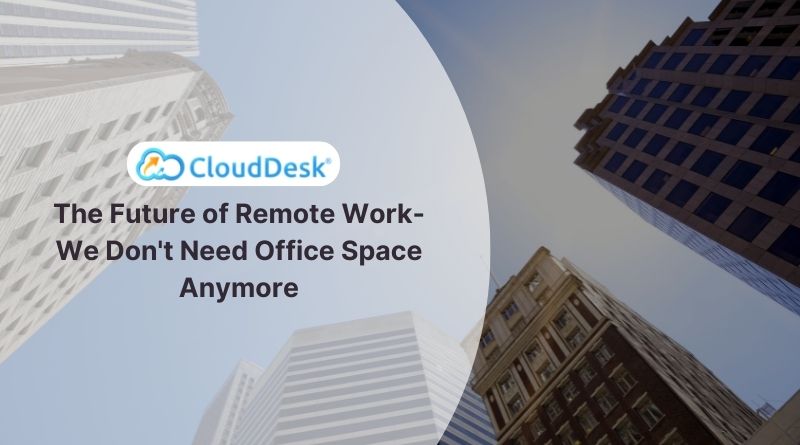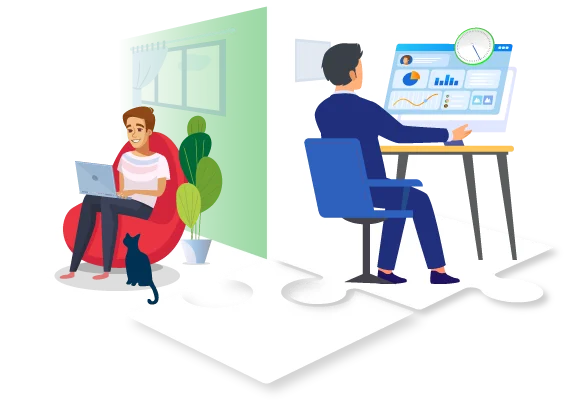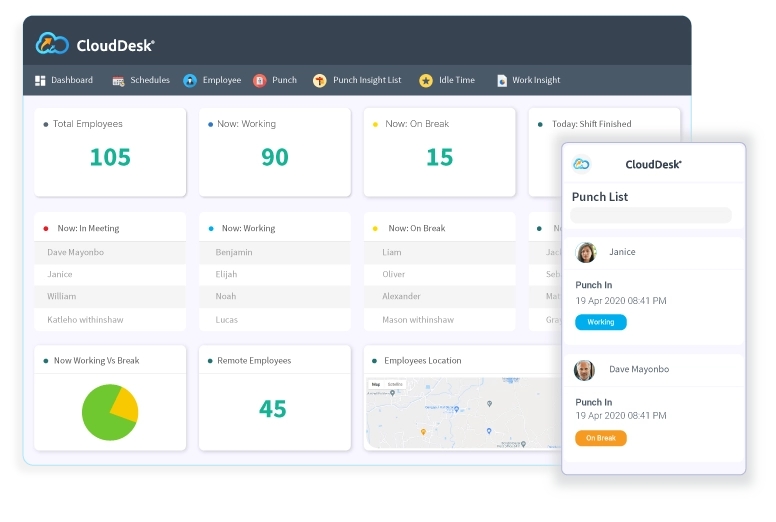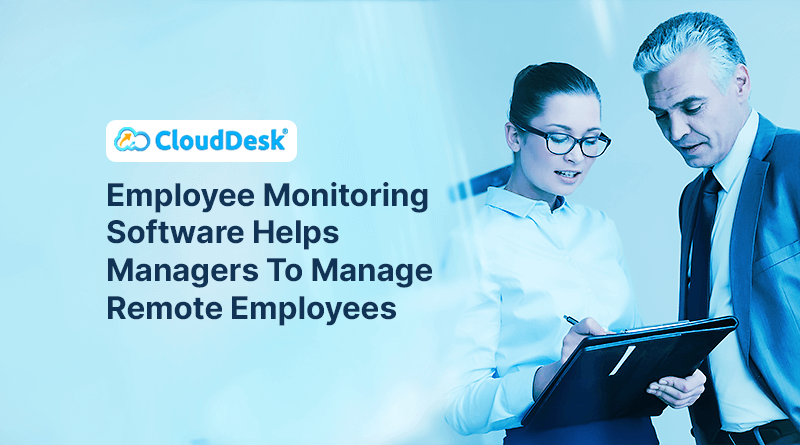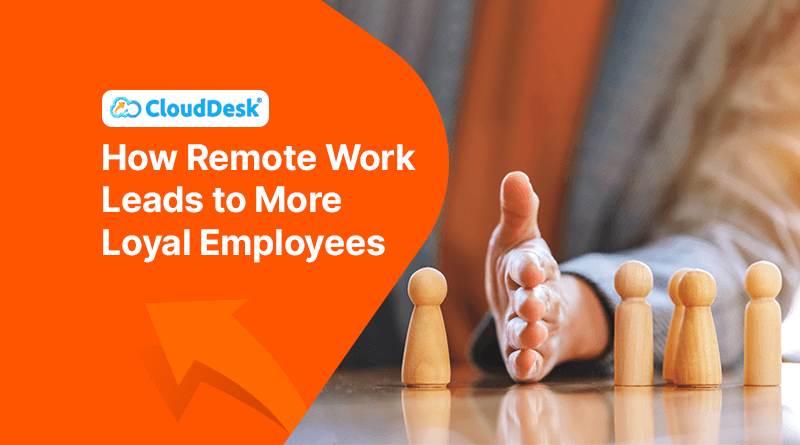People have adjusted to remote work, and many businesses have done an excellent job. During the pandemic, remote work has become integral to most organizations. Even while vaccination rates have increased and about 65% of the world’s population has received all recommended vaccinations, companies may still be unable to implement a total return to work. Because of this, companies need to accept and plan for a strategy where employees can work from home. Many big tech companies are looking forward to keeping remote work going and giving some employees the option to work from home full-time based on their jobs. Gartner states that 74% of businesses plan to let some employees work from home permanently.
Remote Work is Evolving
Remote work is the practice of employees working from locations other than the business’s primary location. Such locations can be an employee’s residence, a co-working facility or additional shared space, or any non-traditional business location. A recent poll conducted by Accenture reveals that 83% of 9325 respondents prefer a hybrid approach that allows them to work remotely at least 25% of the time.
Another PwC survey finds that one-fourth of CFOs have already discussed reducing office renting expenses. According to the assessment on the condition of remote work, 97% of those who already work remotely are likely to suggest the practice to others.
Why is Remote Work the Future?
Industry experts estimate that companies can manage remote workers using advanced technologies, such as monitoring software, communication channels, and a shared drive. Managing remote teams with the right technology, policies, and hardworking personnel may be simple.
Remote employment is viewed differently from the employer’s and employee’s perspectives. Companies can save money on running expenses while simultaneously increasing their output. Meanwhile, employees can work according to their schedules and in locations where they feel most productive and at ease.
Below are some essential reasons why remote work is the future and how it benefits your business and your employees.
Attracting Skilled and Fresh Talents
A company’s operations are not restricted to its local workforce with remote employees. Businesses may access a larger global talent pool. Because of this, a company in a rural area may also be able to hire promising individuals from various cities and established regions. It opens the door for many young, talented people with specific skills.
Financial Benefits for Company and Employees
It would be more expensive for businesses to return to the “new normal.” Businesses needs funding for office infrastructure and overhead running expenditures for commercial space. The stress of financial strain is lessened by remote work. According to Owl Labs, firms using a remote workforce can save up to $11,000 yearly on each employee. Additionally, 34% of American workers said they would gladly accept a pay cut if it meant having the opportunity to work from home instead, which would enable them to save even more money.
On the other hand, if they move, employees feel stressed about long commutes and additional ancillary costs. Long commutes have been greatly decreased, and employees’ savings have significantly increased thanks to virtual work.
Digital Communication and Employee Wellbeing
Tools for collaboration and communication, like Zoom, Microsoft Teams, Google Chat, and Slack, have been crucial to the growth of the trim work industry. With the internet and a laptop, a worker can work from anywhere. Technology also levels the playing field by enabling many mothers to adopt remote work while caring for their families. Working from home reduces stress related to the job. Because your entire team is less stressed and has better mental health, job satisfaction increases and employee turnover decreases. Remote work has a positive feedback loop for your business and its employees.
How CloudDesk Can Help Managing Remote Teams
Managing remote employees can be challenging when you lack the means to assess how they are doing. Remote work has experienced both ups and downs. Although working remotely has many benefits, managing remote teams is difficult. CloudDesk is the ideal option any company can use for efficiently managing remote employees. CloudDesk is a user-friendly remote employee monitoring tool. Features include user internet activity tracking, screenshot capturing, and time tracking. CloudDesk ensures that the entire monitoring process is apparent to employees and offers the power to start and stop monitoring without secret features or covert monitoring systems.
